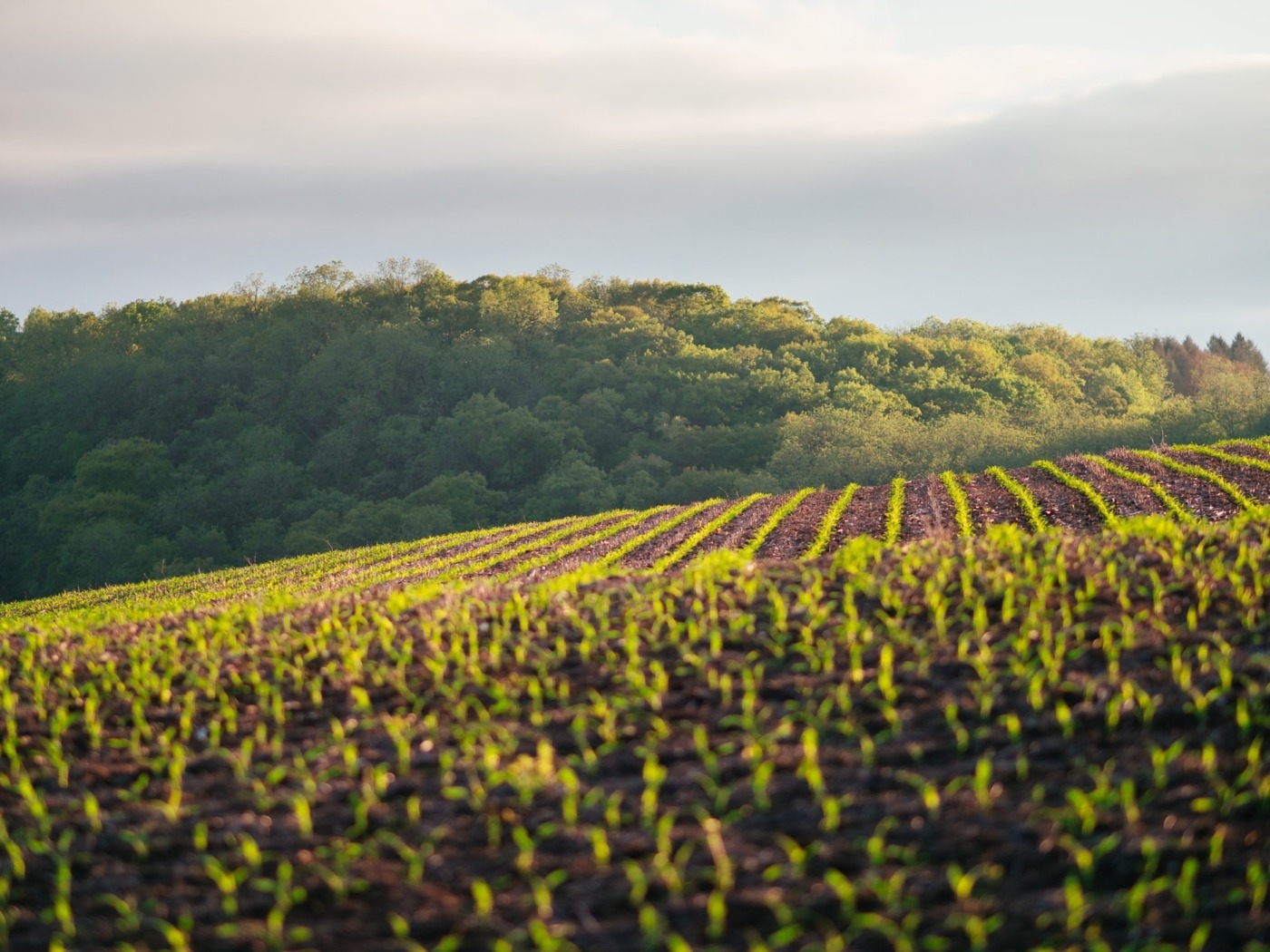Small change, big impact: plant-based vs. place-based diet
With ever more Britons concerned about the irreversible effects of climate change, many are asking themselves how their dietary choices might be a driving factor. But, which is more sustainable, a plant-based diet or a place-based one?
The animal farming industry is on track to be the world’s biggest polluter, soon to replace Big Oil. So, why aren’t more climate activists targeting the meat industry? Why is it always the oil giants that attract the worst press?
A 2018 Oxford Study found that making the switch to a plant-based diet is the ‘single biggest way’ to reduce your environmental impact.
The animal farming industry is on track to be the world’s biggest polluter, soon to replace Big Oil
Researchers found that cutting out meat and dairy products from your diet could reduce an individual’s carbon footprint from food by up to 73%. It would also free up land lost to agriculture, one of the primary causes of mass wildlife extinction.
Those in favour of buying organic, locally farmed meat point the finger at the heavy carbon footprint of certain fruit and veg. For example, almond plantations come at a heavy environmental price in California. It takes 6,098 litres of water to produce a single litre of almond milk and the Golden State has been in drought for the past 30 years.
But the myth that buying local meat is better than buying exotic fruit and veg must be dispelled. Transport accounts for less than 10% of emissions for most food products. Land use and farm-stage production account for over 80% of the footprint linked to most foods.
Transport accounts for less than 10% of emissions for most food products
What’s more, the meat industry as it exists today is incredibly inefficient when it comes to feeding the world. Although meat and dairy provide only 18% of calories and 37% of protein, they use a whopping 83% of farmland and produce 60% of agriculture’s greenhouse gas emissions.
You may have heard that the boom in soy production is accelerating deforestation in Brazil, of which 75% goes towards fattening livestock, providing the animals’ main source of protein. Global human consumption of its products, including tofu, soya milk and edamame beans, constitutes a mere 6%.
And while an avocado has a carbon footprint five times the size of a banana, a kilo of lamb pollutes at 46 times the rate of a pack of avocados.
While an avocado has a carbon footprint five times the size of a banana, a kilo of lamb pollutes at 46 times the rate of a pack of avocados.
Lentils remain the top choice for a climate-friendly protein and fibre source to sink your teeth into, but foods all fall on a scale – not all meat is created equal. For instance, it’s worth considering that beef emits five times the climate-warming emissions as pork.
But does a plant-based diet make you healthy? The evidence suggests you get the same balance of nutrients as on an omnivorous one, so long as you’re eating a range of fresh and colourful foods i.e. not just vegan junk food. In fact, people who live in ‘Blue Zones’ – areas with the oldest populations – eat a 95% plant-based diet. However, in some poorer communities, a wholly plant-based diet filled with fresh produce and nutrient-rich legumes may not be readily available.
In the debate between plant-based and place-based diets, plant-based almost always comes out on top
Given that the top 35 countries are responsible for the meat industry’s dire effects on the planet, the UK included, it’s up to us to reduce that impact by being more conscious of our purchasing power.
All things considered, if you’ve been raised a big meat-eater, it’s much more important to focus on reducing your meat intake bit by bit than buying locally farmed meat. Radically altering your diet overnight can be a bitter pill to swallow and it doesn’t tend to stick. For example, you may want to start with initiatives like Meat Free Monday.
The most planet-friendly option is to buy plant-based products from local farmers’ markets, but it can sometimes be a struggle to source a variety of local grains and legumes, especially on a budget. Overall, in the debate between plant-based and place-based diets, plant-based almost always comes out on top.

Comments